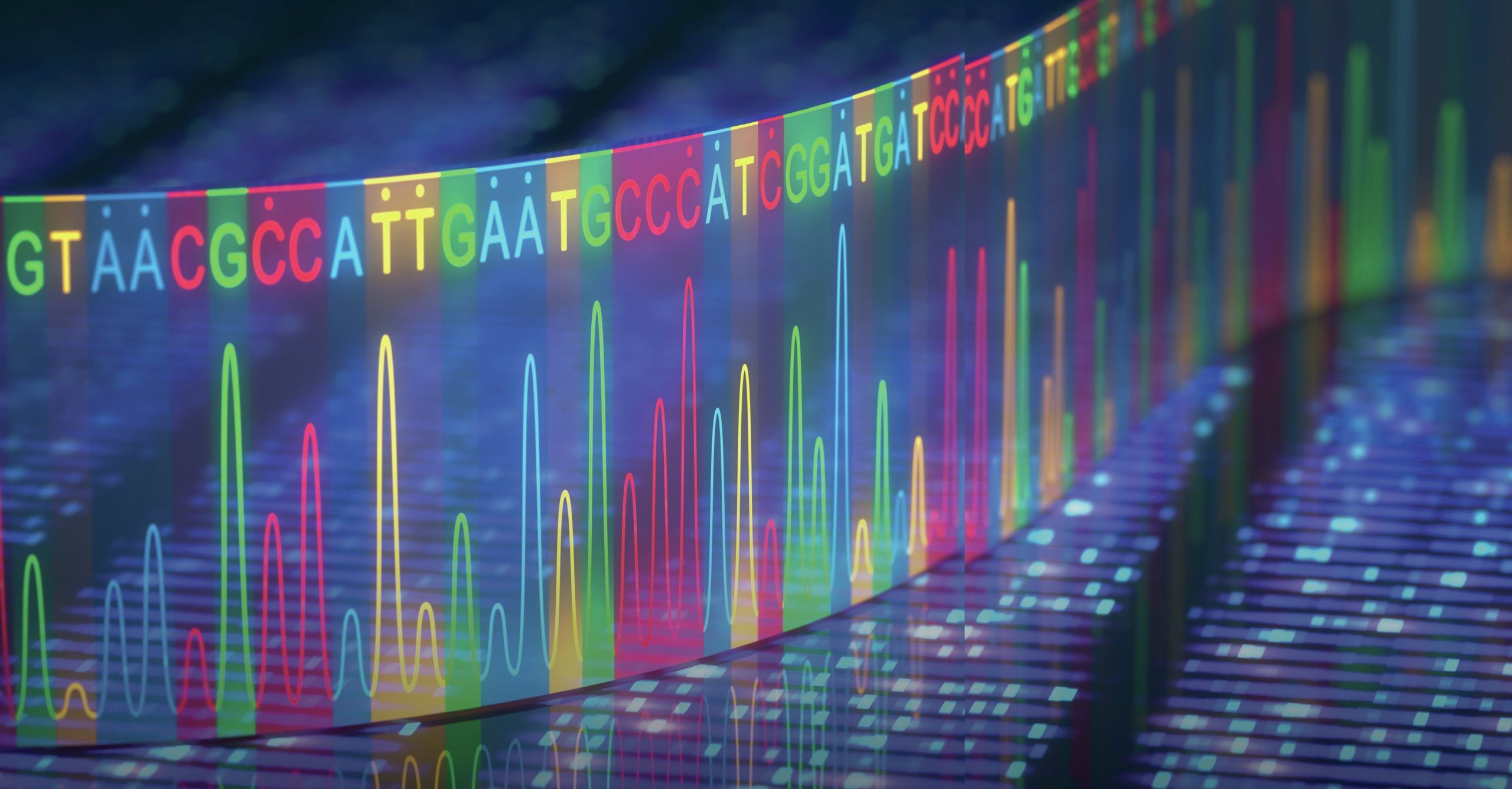
In precision medicine, the most appropriate treatment for an individual is selected based partly on the patient’s genome, because individual patients can respond very differently to the same treatments. Families and individuals suffering from cancer, neurodegenerative diseases and other rare genetic conditions are set to benefit.
The ideas underlying precision medicine (sometimes called personalised medicine, see Figure 1) are not new. For example, donor tissue for organ transplantation has long been matched as closely as possible to a patient’s tissue type. In the past, however, it has been difficult to obtain and make sense of enough information about an individual’s genetic makeup for precision medicine to be widely used. Excitingly, this has changed. Modern DNA sequencing methods have become faster and cheaper, giving us access to previously unimaginable amounts of genetic information. Our understanding of the genome is also continually improving. It is now possible to pinpoint mutations that are linked to specific diseases or those that affect disease susceptibility and progression, or drug responses in conditions including cancer. This information can be used to develop new treatments or guide selection of existing treatments for individual patients.
Your organisation does not have access to this article.
Sign up today to give your students the edge they need to achieve their best grades with subject expertise
Subscribe




